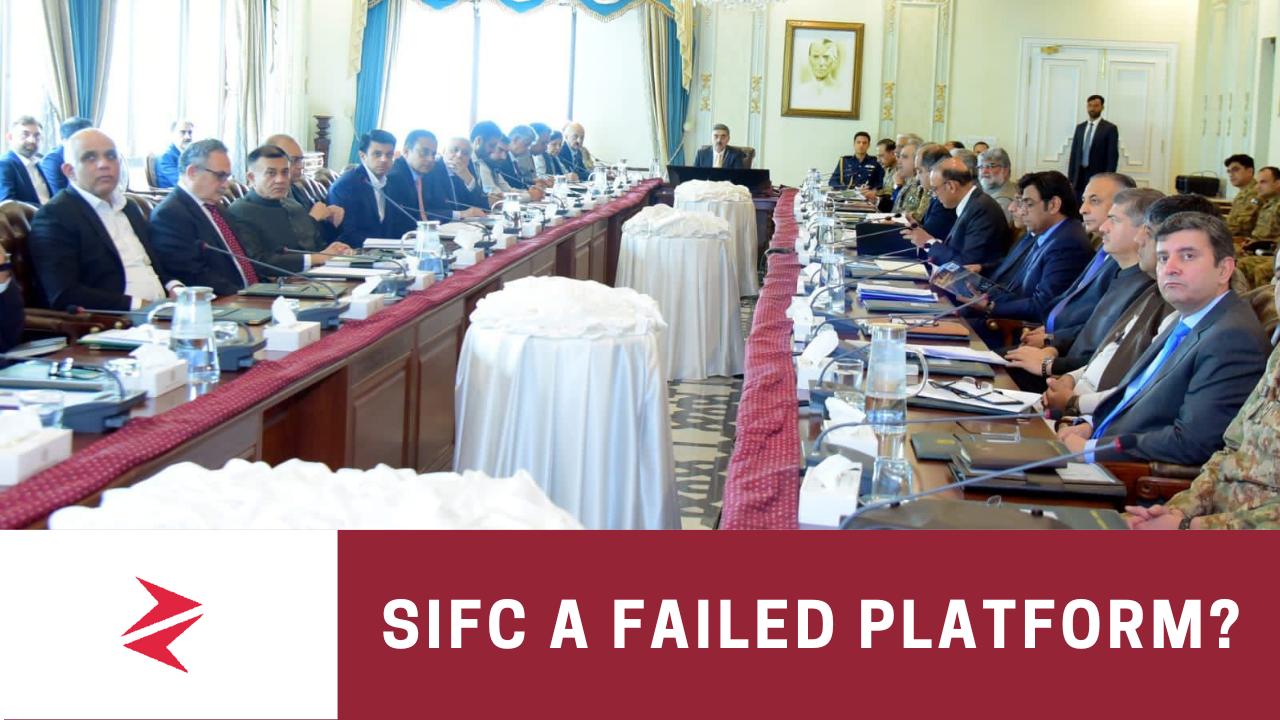The second session of the 5th Apex Committee Meeting of SIFC
Our caretaker Prime Minister, Anwaar-ul-Haq Kakar, led the meeting, and we were joined by the Chief of Army Staff, Federal Cabinet members, Provincial Chief Ministers, and other high-ranking government officials. The Ministries came prepared with detailed plans, including important steps, schedules, and solutions to tackle the big challenges.
As a Committee, we all agreed to make decisions that would benefit our Country as a whole. We promised to take strong action against smuggling, hoarding, and market manipulations using a thorough enforcement system.
Our Prime Minister urged the Ministries to make the most of the short time we have to make a positive impact, and also to start working on policies for the long run.
The Chief of Army Staff assured us of the unwavering support of the Pakistan Army in helping the Government with the ‘Economic Revival’ of our beloved Country.
Trepidation Amidst Special Investment Facilitation Council (SIFC) Formation
With the establishment of the Special Investment Facilitation Council (SIFC), a prevailing sentiment is that the military is taking the reins, ostensibly to provide foreign investors with a signal of stability. Yet, investors are discerning and seek assurances that their financing will be safeguarded.
